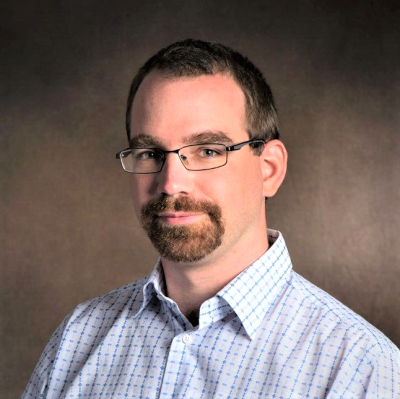- Tóth Kálmán u. 4., 1097 Budapest HUNGARY
- +36 1 309 2651
- lab@anet.krtk.mta.hu
- @AnetiLabs

Zsolt Csáfordi (Erasmus School of Economics; Tinbergen Institute): Agglomeration conditioning productivity spillovers? The effects of productivity gap, skill-related labor flows and agglomeration economies
Abstract | Labor mobility has been found to be a key channel of productivity spillovers between firms. At the same time, most of these productivity spillovers happen in the context of skilled cities, where agglomeration economies are the most prevalent. This research builds on earlier Hungarian research on productivity spillovers to investigate to what extent the firm-level sorting effects of labor flows – new hires with an experience of a more efficient production or in a technologically related industry – are conditioned by agglomeration; doing so by extending the productivity gap framework with agglomeration interactions on Dutch linked employer-employee data. Findings reveal that urbanization and diversity are positively associated with firm productivity, even when controlling for current productivity. This effect is no longer sustained when human capital and work experience of new hires of a more efficient production is controlled for. This may point to a mechanism through which urbanization affects productivity spillovers through attracting and selecting skilled workers into the region, who can then learn from each other facilitated by the urban setting; furthermore the diversity of the workforce also fosters this learning process. Robustness checks on subsamples reveal that agglomeration effects are most pronounced for small firms in years of average productivity growth.
Bio | Zsolt Csáfordi is an economist researching labor mobility, productivity spillovers, inter-industry relatedness and their interaction with agglomeration. He is a finishing PhD Candidate at Erasmus School of Economics and Tinbergen Institute, Department of Applied Economics, Rotterdam. Previously, he worked for 3 years as Assistant Research Fellow at the Institute of Economics CERS HAS, Economics of Networks Research Unit, and prior to that in economic policy / investment / labor market analyst positions (London, Budapest). He received his master’s degree from Central European University, Department of Economics.